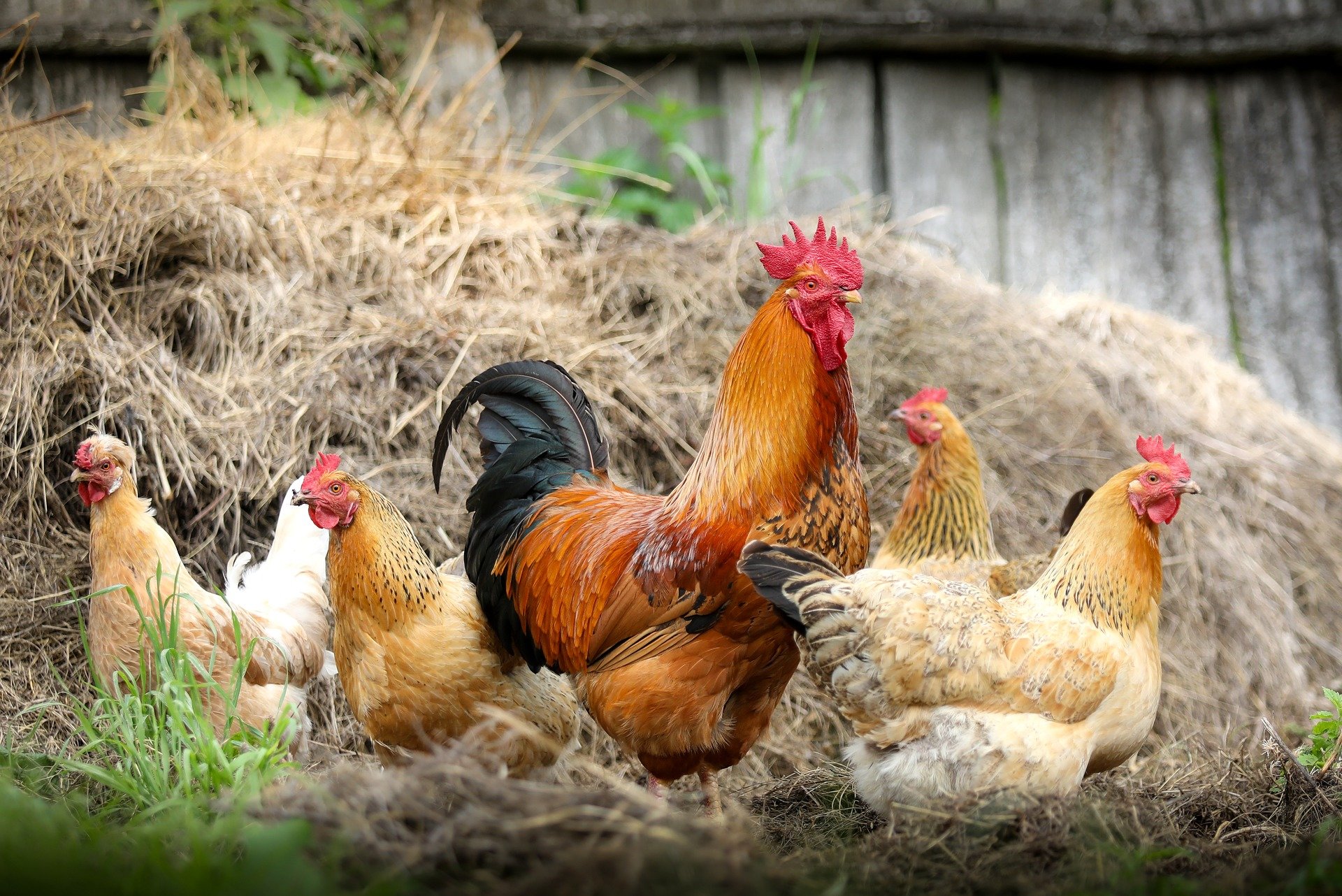- MOTIVATION
- 5 min read
The Secret to Small Scale Poultry Farming
OJC
21st Nov 2023
Small-Scale Poultry Farming: Sustainable Approach for Egg and Chicken Meat Production
Posted by Mercie Migadde on November 16, 2023
Introduction
Small-scale poultry farming has emerged as a sustainable and viable option for individuals and families seeking a self-sufficient source of fresh eggs and chicken meat. With the increasing demand for high-quality, organic products, small-scale poultry farming not only fulfills local needs but also promotes self-sustainability and economic empowerment within communities. This essay delves into the key aspects of small-scale poultry farming, covering the benefits, best practices, challenges, and the overall impact on local economies and food security.
Benefits of Small-Scale Poultry Farming
Economic Empowerment:
Small-scale poultry farming provides an opportunity for individuals and families to generate income through the sale of eggs and chicken meat. This economic empowerment can uplift households from poverty and create sustainable livelihoods.
Local Food Security:
By producing eggs and chicken meat locally, small-scale poultry farming enhances food security within communities. It reduces dependency on large-scale industrial farming and ensures a constant supply of fresh, high-quality poultry products.
Nutritious Food Source:
Eggs and chicken meat are excellent sources of high-quality protein, vitamins, and minerals. By consuming locally produced poultry products, communities gain access to nutritious and wholesome food, promoting overall health and well-being.
Sustainable Agriculture:
Small-scale poultry farming can be integrated into sustainable agricultural practices. Utilizing organic feed, adopting eco-friendly waste management systems, and implementing rotational grazing methods contribute to environmental conservation and sustainable farming.
Best Practices in Small-Scale Poultry Farming
Proper Housing and Space:
Constructing well-ventilated, predator-proof coops with adequate space for chickens is essential. Proper housing protects the flock from harsh weather conditions, predators, and diseases, ensuring their well-being and productivity.
Nutrition and Feeding:
Providing a balanced diet rich in protein, vitamins, and minerals is crucial for poultry health and egg production. Small-scale farmers can formulate their feed or source high-quality commercial poultry feed to meet the nutritional needs of their flock.
Healthcare and Disease Prevention:
Regular health check-ups, vaccinations, and disease prevention measures are fundamental in small-scale poultry farming. Timely intervention and preventive healthcare practices minimize the risk of diseases, ensuring a healthy and productive flock.
Hygiene and Waste Management:
Maintaining cleanliness in the coop, regular removal of waste, and implementing proper waste management techniques reduce the risk of diseases and environmental pollution. Composting chicken litter can also be used to enrich the soil for gardening and agricultural purposes.
Egg Handling and Storage:
Proper egg handling, cleaning, and storage are essential to maintain the quality and freshness of eggs. Farmers should educate consumers about proper storage methods to maximize the shelf life of the eggs.
Challenges in Small-Scale Poultry Farming
Disease Outbreaks:
Small-scale poultry farms are vulnerable to disease outbreaks, which can lead to significant losses. Regular veterinary support, biosecurity measures, and strict hygiene protocols are essential to prevent and control diseases.
Market Access and Competition:
Accessing markets and competing with large-scale poultry farms can be challenging for small-scale farmers. Building local networks, collaborating with local markets, and promoting the benefits of locally sourced products can help overcome this challenge.
Regulatory Compliance:
Small-scale farmers must adhere to regulatory requirements related to poultry farming. Understanding and complying with local regulations, animal welfare standards, and food safety guidelines are crucial to ensure the legality and sustainability of the farm.
Impact on Local Economies and Food Security
Job Creation:
Small-scale poultry farming creates employment opportunities within local communities. It generates jobs in farming, animal care, transportation, and marketing, contributing to local economic development.
Income Diversification:
Small-scale poultry farming allows families to diversify their sources of income. By selling eggs and chicken meat, households can increase their financial stability and invest in other essential needs such as education and healthcare.
Community Engagement:
Small-scale poultry farming fosters community engagement and collaboration. Farmers can exchange knowledge, share resources, and support each other, creating a sense of community and cooperation.
Enhanced Food Security:
Local production of eggs and chicken meat enhances food security by reducing dependence on imported products. It ensures a consistent supply of fresh, locally sourced poultry products, meeting the dietary needs of the community.
Conclusion
Small-scale poultry farming for the consumption of eggs and chicken meat represents a sustainable and community-centric approach to food production. By promoting economic empowerment, ensuring local food security, and fostering sustainable agricultural practices, small-scale poultry farming not only fulfills the immediate dietary needs of communities but also contributes to the overall well-being and prosperity of societies. Through education, support, and advocacy, small-scale farmers can further enhance their practices, ensuring the availability of high-quality, locally sourced poultry products while promoting a more self-sufficient and resilient agricultural landscape.
2 comment(s)
-

SB Group Nepal
0 day(s) agoLoved reading your article. it was really informational for me. wish to see more in the coming days.
-

SB Group Nepal
0 day(s) agoLoved reading your article. it was really informational for me. wish to see more in the coming days.